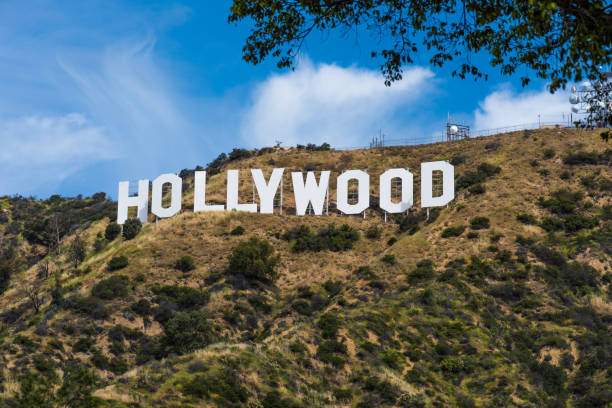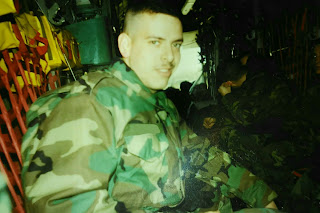Commentary: The Hollywood Strike Shows AI is Coming for Art
 By PETER GIETL
By PETER GIETL
In the first battle of the artificial intelligence wars, the humans have scored a victory. It may prove illusory, but after a 148-day strike, the studios blinked in their standoff with the Writer’s Guild of America. The concurrent strike by SAG-AFTRA, the working actors’ union, continues. As usual, much of the negotiations revolve around streaming revenue and job security. The major sticking point, however, proved to be the future use of AI in content creation.
Several sources have reported that negotiations repeatedly broke down over how studios may use AI technology in the future. The actors’ union stands to lose even more than the writers with the rise of AI. While AI content would theoretically always need to be edited and rewritten by actual humans, studios could scan extras and use their digital replicas forever.
Credited actors could also have their replicas and voices starring in films long after their deaths. Get ready for “Indiana Jones 27 and the Computer of Immortality.” It’s distressing for the actors because this technology is not theoretical and is widely used to duplicate extras into larger crowd shots. They can even insert actors into reshoots when they’re dead, as seen in "The Fast and the Furious” franchise. (RIP, Paul Walker.)
In the upcoming weeks, WGA members will decide to endorse a preliminary agreement. This agreement requires studios and producers to inform writers if AI has either partially or wholly produced any content provided to them. AI cannot receive writing credits or edit "literary material."
The deal has produced many think pieces, arguing that the agreement will change the equation for all creative fields, providing protections and a moat to keep out the AI swarm. For better or worse, this is very unlikely. The WGA was uniquely positioned to have a robust union, recognizing that the union had real leverage over the studios because of timing and the ability to generate unlimited publicity.
Unfortunately, most creatives don’t have these union protections. It will be interesting to see how the press will react when these technologies hit the newsrooms, and they’re almost here. Will they view them as a tool to help with the drudgery of drafting dry copy or as an existential threat to the media and journalism?
Time will tell, but overlooked in the strike was the danger of AI music taking over your Spotify feed. There’s an exceptional piece of writing on the implications for music by Ted Gioia on his Substack “The Honest Broker.”
Gioia writes:
AI tracks are showing up everywhere, but not because they’re good. There are no devoted fans of this genre. It’s only happening because AI music is cheap, and somebody can make a buck by getting rid of the musicians — provided listeners aren’t paying attention.
Drake Heart on my sleeve Ft The Weeknd OFFICIAL AUDIO Best qualityyoutu.be
The problem is that AI music is already here, and it’s unclear whether segments of the audience will know or care. Part of this stems from how music has become wholly financialized to the point where it’s nearly impossible for 99% of musicians to even pay their rent. The lack of a musicians’ union means the music studios and the streamers will ultimately make the decisions.
I was a holdout for years from Spotify, preferring to use iTunes to curate the thousands of albums I burned from the library or downloaded. At some point, convenience won. It’s easier to have my camping or dinner party playlist ready or shuffle Bob Dylan or Kanye and call it a day.
The first industry upended by AI was not the low-level white-collar workers, but artists and writers. The promulgation of AI-generated content may force us to put down our phones and venture out to see theater and live music. How will AI change art, and is it even capable of producing beauty? We’ve covered this closely at RETURN, but the final outcome is very much unknown.
Original Here

|
⭐⭐⭐⭐⭐
